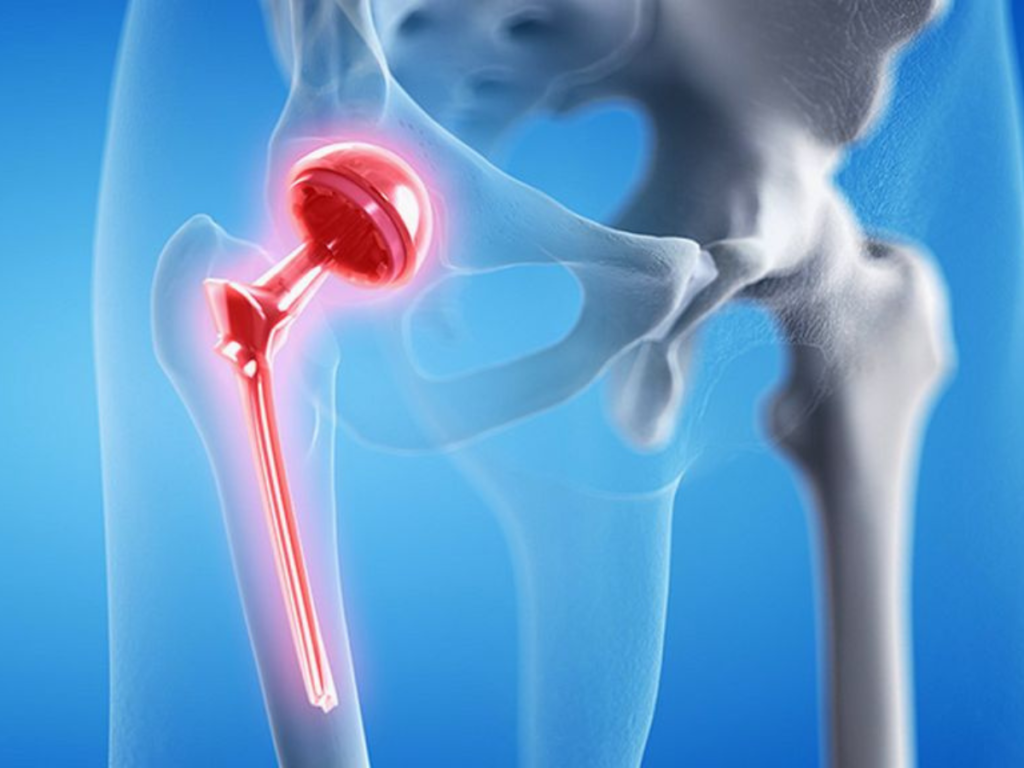
Beginning the journey to hip replacement recovery demands a comprehensive approach, with nutrition playing a pivotal role. Dr. Saurabh Giri, a renowned orthopedic expert at Helios OrthoJoint in Pimpri Chinchwad, Pune, underscores the importance of a well-balanced diet for enhancing the healing process. With a wealth of experience in orthopedic care, Dr. Giri has guided numerous patients through successful recoveries. In this blog, we’ll delve into specific nutrition tips recommended by Dr. Giri to support a smooth and efficient recovery after hip replacement surgery, ensuring you benefit from the expertise of the best orthopedic hospital in the region.
Protein for Tissue Repair:
Proteins are the building blocks of tissues, and after surgery, your body requires them for optimal healing. Include lean protein sources such as poultry, fish, eggs, dairy, and legumes in your diet. These foods provide essential amino acids that aid in tissue repair and muscle strength.
Nutrient-Rich Fruits and Vegetables:
A colorful array of fruits and vegetables offers a variety of vitamins and minerals essential for recovery. Vitamin C, found in citrus fruits and berries, promotes collagen production, crucial for wound healing. Additionally, vegetables like broccoli and spinach provide vitamin K, which is important for bone health.
Omega-3 Fatty Acids for Inflammation:
Include sources abundant in omega-3 fatty acids, like oily fish such as salmon and mackerel, as well as flaxseeds and walnuts. Omega-3s have anti-inflammatory properties that can help manage post-surgery inflammation and contribute to a healthier recovery.
Calcium and Vitamin D for Bone Health:
Adequate calcium and vitamin D are essential for maintaining strong bones. Include dairy products, leafy greens, and fortified foods in your diet to support bone healing and prevent osteoporosis, a condition common in hip replacement patients.
Hydration is Key:
Staying hydrated is crucial for overall health and aids in the recovery process. Water supports nutrient transport, helps prevent constipation (a common concern post-surgery), and promotes joint lubrication. Aim for at least eight glasses of water per day unless otherwise advised by your healthcare provider.
Fiber to Combat Constipation:
Prescription pain medications and reduced physical activity post-surgery can lead to constipation. Ensure an adequate intake of fiber through whole grains, fruits, and vegetables to maintain bowel regularity. This will contribute to your overall comfort during recovery.
Small, Frequent Meals:
Rather than large, infrequent meals, opt for smaller, more frequent meals to maintain steady energy levels. This approach can also help manage weight, which is important for reducing stress on the hip joint during the recovery period.
Limit Processed Foods and Added Sugars:
Processed foods and added sugars can contribute to inflammation and may hinder the healing process. Focus on whole, unprocessed foods to provide your body with the nutrients it needs without unnecessary additives.
summary
Adopting these nutrition tips as part of your hip replacement recovery journey can significantly contribute to a swifter and more effective healing process. Dr. Saurabh Giri’s expert guidance from Helios OrthoJoint, coupled with a focus on protein, vitamins, and omega-3 fatty acids, provides a holistic approach to post-surgery care. For personalized advice tailored to your unique needs, consider consulting with Dr. Giri or a registered dietitian at the premier orthopedic facility in Pimpri Chinchwad, Pune. By prioritizing proper nutrition, you not only promote physical recovery but also empower yourself with the tools necessary for a healthier and more active future.




